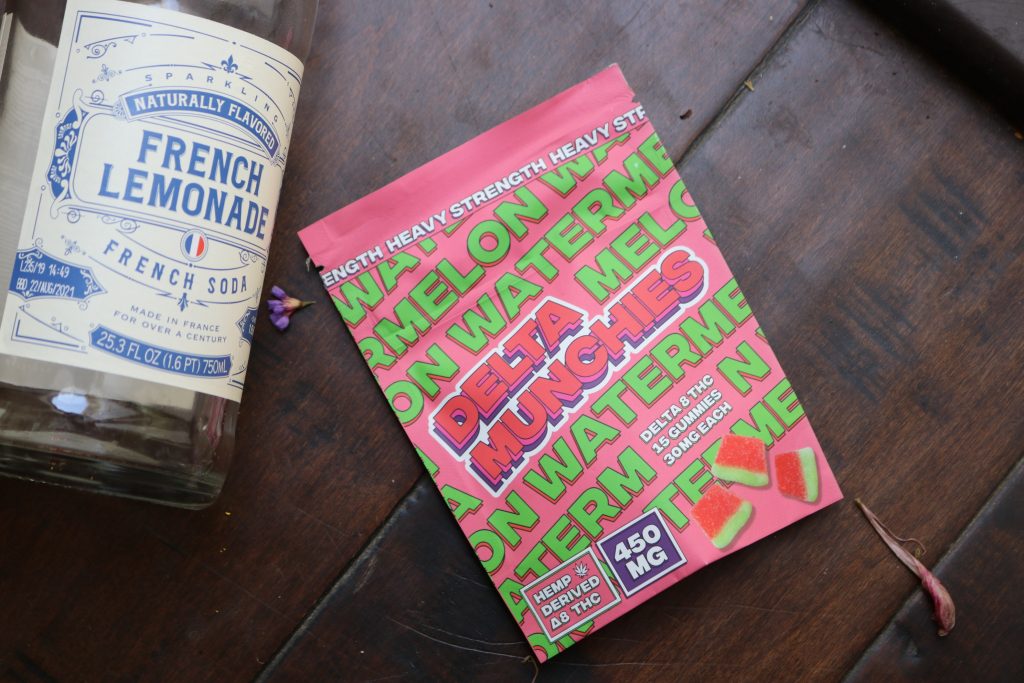
Last week U.S. District Judge Billy Roy Wilson issued a preliminary injunction blocking the State of Arkansas’ ban on Delta-8 THC.
Delta-8 THC is a mind-altering substance made from cannabis, and health experts increasingly warn the drug poses serious risks.
For example, from December 1, 2020, to February 28, 2022, the FDA documented 104 “adverse event reports” concerning Delta-8 THC — including hallucinations, vomiting, tremors, anxiety, dizziness, confusion, and loss of consciousness. National poison control centers also received 2,362 Delta-8 THC calls — most of which required evaluation at a healthcare facility. Eight percent of these calls resulted in admission to a critical care unit, and one child reportedly died as a result of exposure to Delta-8 THC.
Arkansas has virtually no meaningful restrictions on Delta-8 THC. That’s why earlier this year the Arkansas Legislature passed Act 629 of 2023 by Sen. Tyler Dees (R – Siloam Springs) and Rep. Jimmy Gazaway (R – Paragould). This good law prevents Delta-8 THC from being manufactured via industrial hemp — or cannabis — in Arkansas.
The law also places Delta-8, Delta-9, Delta-10 THC, and other psychoactive drugs made from industrial hemp on the list of controlled substances in state law, and it contains language enacting drug restrictions that would take effect if a state or federal court someday blocked Arkansas from prohibiting Delta-8 altogether.
However, a group of companies that profit from Delta-8 THC are suing to block Act 629 in federal court.
Judge Wilson’s ruling issued last week blocks the state from enforcing Act 629 for the time being, and it schedules the lawsuit over Act 629 to go to trial a little less than a year from now — on August 27, 2024.
It should not come as any surprise that companies who profit from Delta-8 THC in Arkansas are suing to keep Delta-8 legal.
Act 629 of 2023 is a good law that protects Arkansans from dangerous drugs. We believe courts ultimately will recognize that fact and let the state enforce it.




